Inspire Science
For Grades K-12
Explore Our Phenomenal World
The 5E Model and More Within Inspire Science
- 5E Model
- Differentiated Instruction
- Formative Assessment
- Interactive Simulations
- Collaboration Kits
- STEM
- LearnSmart
Lessons based on the 5E Instructional Model
The phenomena-driven 5E lessons of Inspire Science are designed to provoke student thinking and spark their creative problem-solving ideas. Each Middle School book includes 4 units and High School is all inclusive. Each unit includes 1–4 modules, and each module includes 2–5 lessons.


Engage
Set the purpose for learning with a scientific phenomenon and essential question to investigate throughout the lesson. Help students set goals for the skills they will develop with the “I will” statement.
Explore
Use interactive content to help students understand the concepts more deeply, so they can answer the Essential Question.
Explain
Connect literacy and science through inquiry by providing students with an array of print and interactive resources to conduct research and explain their understanding. Students develop research skills while deepening their understanding of core science topics. They learn to connect this learning back to prior experiences and the essential question.
Elaborate
Help students reflect and refine their thinking by revisiting past answers to see how their thinking has changed and explore new options for further refinement of their thinking through investigations, modeling, research and communication with arguments from evidence.
Evaluate
Guide students to demonstrate their understanding by answering the essential question and phenomenon questions and completing a final performance task, eAssessment questions, and an “I Did” statement.
Differentiated Instruction
Differentiated options, strategies, and suggestions are embedded throughout every Inspire Science program, including:
- Page Keeley Formative Assessment Probes to identify student misconceptions;
- Personal Tutor videos that offer in-depth explanations of science concepts;
- Reading Essentials levelled text to support struggling readers; and
- Dinah Zike’s Foldables® to support kinesthetic learning with engaging graphic organizers.
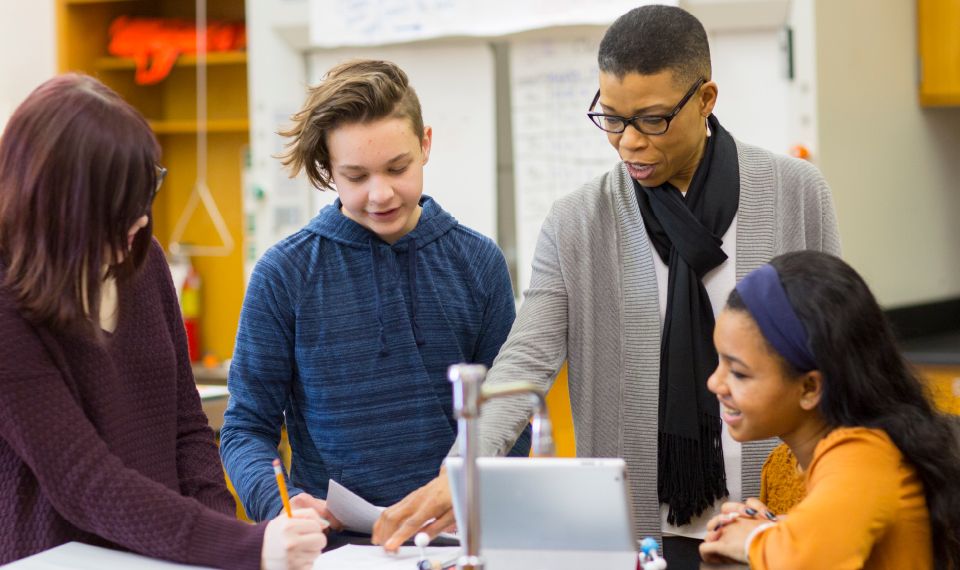

Formative Assessment
The Page Keeley Formative Assessment Science Probes present the lesson phenomenon in an engaging way to promote student thinking and discussion. Teachers can determine students’ current understanding to focus instruction and support as well as establish a benchmark for learning progression throughout the lesson.
Teacher support includes:
- A detailed account of the purpose and usefulness of each probe;
- Teaching and learning implications that are clearly stated;
- Scientific explanations that help clarify the specific content at hand;
- Suggestions for combining the probe with science and engineering practices;
- Research-based, common misconceptions that are identified to help build an understanding of the commonly held ideas that students have in science; and
- Explanations that describe the best answer choice
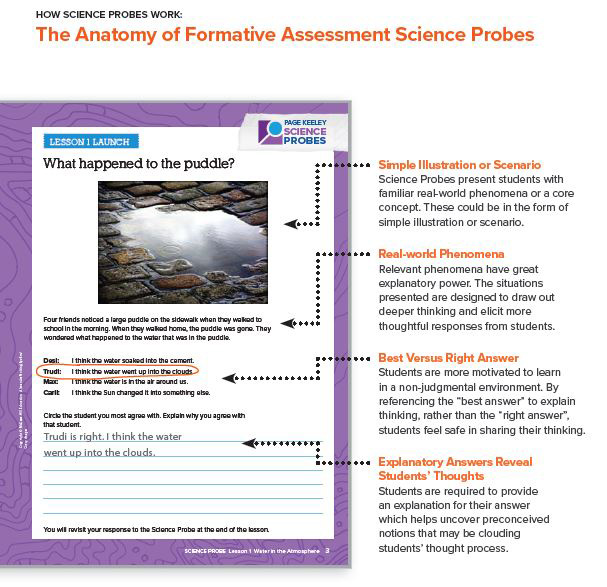

Interactive Simulations
Inspire Science includes hundreds of interactive simulations to enable students to build confidence and motivation as they deepen their understanding of science through real-world applications. PBLs integrate science with engineering content to help students develop:
- Problem-solving skills
- An understanding and application of the engineering design process and
- 21st century research competency.
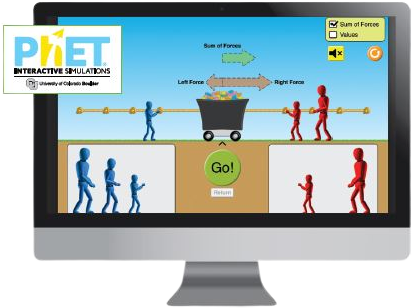

Collaboration Kits for Grades K–8
Encourage hands-on inquiry and engage students with lab kits that provide hands-on, real-world learning activities. A variety of kit options are available for each Inspire Science title, allowing you to choose the items that best fit your classroom.
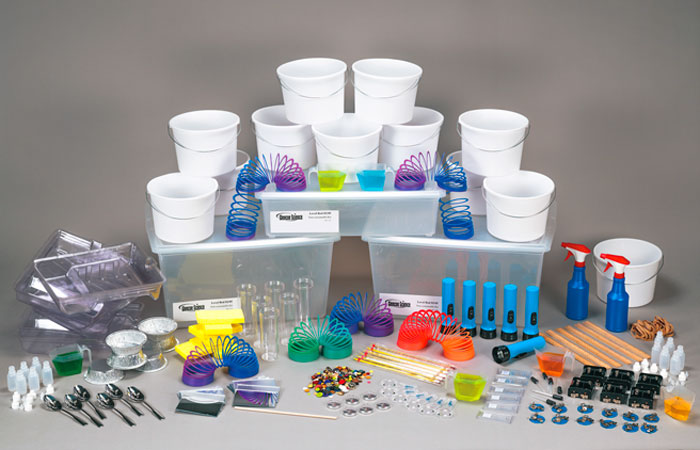

STEM Connections
With Inspire Science, students are introduced to a STEM Project focusing on a Science or Engineering Challenge that is integrated throughout instruction. Students assume the role of a scientist or engineer and are charged with the task of designing a solution to the STEM Project.
A variety of resources including Teacher and Student rubrics, STEM Career videos, and STEM Career Connections are readily available to foster your students innate curiosity. Check out this video to see one example.
LearnSmart® with SmartBook® Adaptive Learning Technology
LearnSmart with SmartBook determines precisely which learning objectives a student has grasped and which ones he or she is struggling with, then highlights the most critical content for that student to read at that moment. When knowledge gaps are identified, LearnSmart provides the learning resources students need to build content retention. Learn more about LearnSmart.
NGSS and the Research Foundations of Inspire Science
Development of each version of Inspire Science begins with a research phase during which the authors review the most current research available related to how students learn. These white papers summarize some of the research behind the program.
White Papers
Discover more white papers on K–12 Science in our research portal.
Thought Leadership
Advisor Bios for Inspire Science
- Page Keeley
- Dinah Zike
- Joyce Tugel
- Chris Anderson
- Cheryl Simmers
- Emily Miller
- Dr. Jay Hackett
- Dr. Richard Moyer
- Dr. Jo Anne Vasquez
- Dr. Dorothy J.T. Terman
Page Keeley
Page Keeley, M.Ed. is a nationally-renowned expert on science formative assessment and teaching for conceptual change. She is the author of several award-winning books and journal articles on uncovering student thinking using formative assessment probes and techniques. She was the Science Program Director at the Maine Mathematics and Science Alliance for 16 years and a past President of the National Science Teachers Association.


Dinah Zike
Dinah Zike, M.Ed., is an internationally renowned author, education consultant, and lecturer. She has invented hundreds of educational manipulatives (graphic organizers) that are used internationally by educators, trainers, and consultants. Dinah has developed over 200 supplemental educational books and materials used in homes and classrooms around the world. Her Foldables® are an exclusive feature of McGraw-Hill science programs.
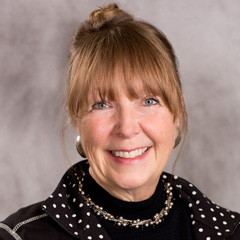

Joyce Tugel
Joyce Tugel is a K–12 STEM Education Specialist. Her work is primarily focused on teacher leadership, professional development in the areas of science curriculum, instruction and formative assessment, STEM integration, and implementation of the NGSS.


Chris Anderson
Anderson is an integrative STEM (iSTEM) coach, grant writer, adjunct, and educational consultant. His work in over 70 school districts in the last four years has yielded best practices for transitioning and sustaining STEM programming in K–12 in PA, NY, GA, and his home state of New Jersey. Chris spent his first 10 years in education as a K–12 Technology & Engineering teacher. By 2005, he was one of the first teachers in the country to incorporate a 3D Plastic Printer and Laser Cutter into his middle school curriculum. Chris was recognized by General Motors Corporation and Discovery Channel’s Education Division for leadership in sustainability education. Chris is an adjunct at The College of New Jersey and leads a consulting business for the region’s earliest adopters of NGSS.
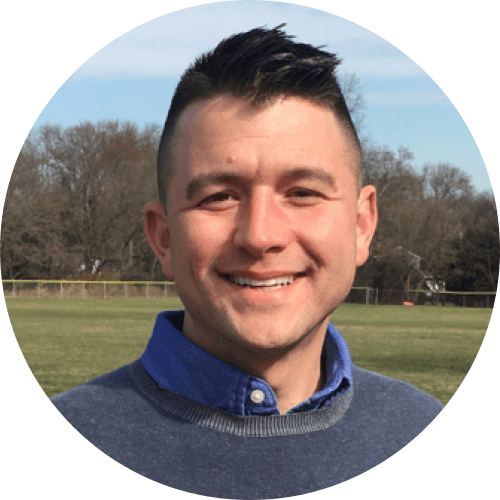

Cheryl Simmers
Prior to becoming Principal of Rowanty Technical Center, Cheryl Simmers taught math at Sussex Central High School, her alma mater, and high school engineering and math at the Appomattox Regional Governor’s School in Petersburg. She holds a BS in industrial engineering and operations research and an MS in industrial and systems engineering. Cheryl participates in panels and workshops to bring engineering into K–12 education and has been a featured author and co-author for three high school engineering textbooks.
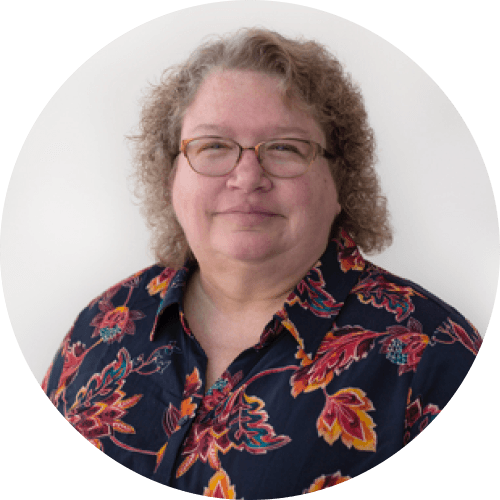

Emily Miller
Emily Miller is a writer for the “Diversity and Equity” and “Elementary” writing teams of the NGSS. She taught elementary and middle school science as an ESL and bilingual resource teacher at a Title 1 school for almost 20 years. Emily worked with World-class Instructional Design and Assessment (WIDA) to expand and amplify can-do descriptors for English language proficiency benchmarks. She also helped to develop the NGSS-aligned Discourse Tools for ELLs as researcher on an NSF grant with the Wisconsin Center for Educational Research.
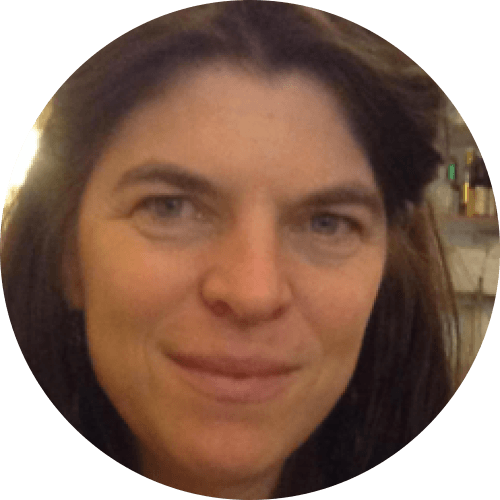

Dr. Jay Hackett
Dr. Jay Hackett, a science educator and veteran McGraw Hill elementary school science author, is an emeritus professor of earth sciences at the University of Northern Colorado. As a professor on loan to the National Research Council, he assisted in the development of Inquiry and the National Science Education Standards: A Guide for Teaching and Learning. He is a past recipient of the William R. Ross Science Award as an Honored Alumnus of the University of Northern Colorado.
Dr. Richard Moyer
Dr. Richard Moyer, award-winning educator and science author, is an emeritus professor of science education and natural sciences at the University of Michigan-Dearborn and has been an elementary and middle school science author for McGraw Hill for over 32 years. He is the co-author of Everyday Engineering: Putting the E in STEM Teaching and Learning, a book that looks at the engineering of the simple devices we use daily. He and Dr. Hackett are co-authors of the college science methods book, Teaching Science as Investigations.
Dr. Jo Anne Vasquez
Dr. Jo Anne Vasquez has been a classroom teacher, a district science specialist, an adjunct professor, VP & Programs Director for STEM Initiatives at Helios Education Foundation and currently is a STEM Education Consultant. She is the Past President of the National Science Teachers Association and the National Science Leadership Association and is the only K–12 teacher ever to be appointed to the National Science Board. She received the 2007 New York Academy of Science’s “Willard Jacobson Award” for major contribution to the field of science education and was the 2004 NALEO (National Association of Latino Elected and Appointed Officials) honoree for her contributions to improving education.
Dr. Jo Anne Vasquez
Dr. Dorothy J.T. Terman is a veteran McGraw Hill author and currently serves as a consultant in inquiry-based science curriculum implementation. For 21 years, Dorothy was Science Coordinator for California’s Irvine Unified School District. She has expertise in gender equity in education, having worked with astronaut Sally Ride in Dr. Ride’s efforts to encourage girls’ interest in science and engineering. Dorothy has received many awards, including the Ohaus Award from the National Science Teachers Association for Innovation in Elementary Science Education.
Brochure
- Inspire Science Grade 6-8 Discipline Specific
Request for Demo
Inspire Science
Questions?
Get in Touch
If you're having trouble with any of our online platforms, need student or instructor resources, or are generally looking for more information on a product, we're here to help. Simply fill out this short form and one of our local representatives will be in touch with you within 24 hours.
